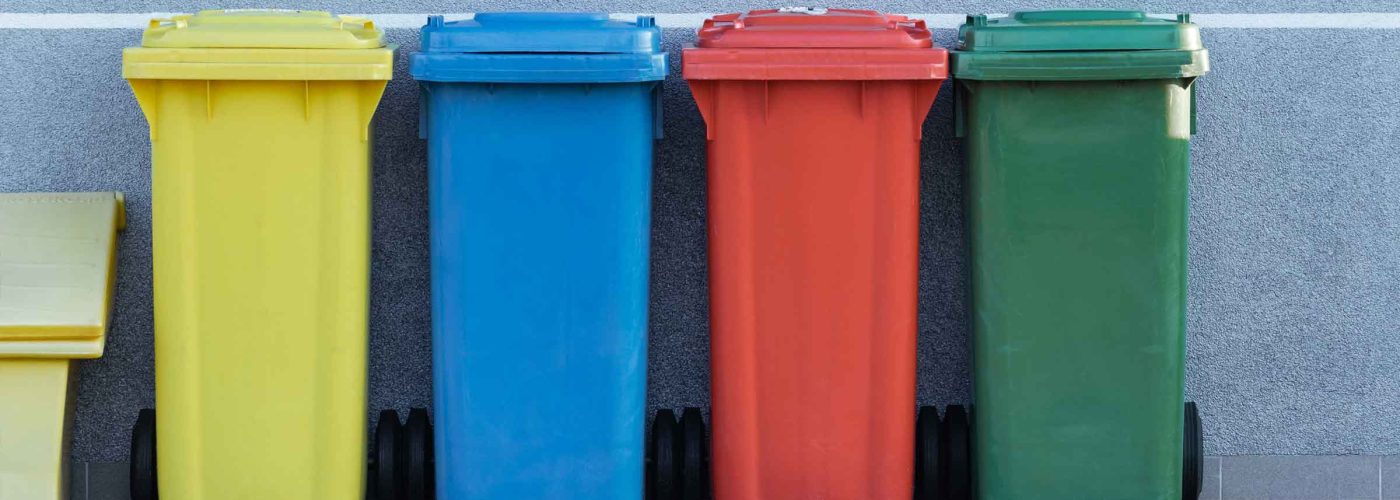The popularity of recycled materials is at an all-time high. The goal of recycling goes beyond reducing the waste in landfills. It also has social and economic benefits. Recycling creates job opportunities. It makes manufacturing industries more competitive and has a significant economic role.
The modern world is consumer-driven, and everyone has a big appetite for new stuff. This level of consumption undoubtedly results in a lot of waste.
Recycling Facts and Stats
About 5% of the plastic waste in the United States is recycled. In 2021, Americans discarded about 51m tons of bags, bottles, and wrappers. About 95% of it ended up in oceans and landfills. There was a 5.7% decrease in recycled plastic between 2019 and 2020. This amounts to about 290 million pounds.
From paper to aluminum and plastic products, lots of materials can be reused after fulfilling their original purpose. Most materials have recycling value. Reports by the EPA suggest that 75% of waste can be repurposed or recycled.
Almost everything you see can be recycled. However, every material requires a unique technique. Commonly recycled materials include biodegradable waste, plastics, paper, glass, clothing, and metals.
Where Do Your Recycled Products Go?
As more people become environmentally conscious, they are inspired to make small changes to care for the planet. However, you may be curious about your recycled items and where they go.
Here are a few things you didn’t know come from recycled products.
- Office Paper
A lot of your office paper comes from recycled products. The quality can be just as good as virgin paper. You can barely tell the difference. Paper makes up 80% of office waste. Recycling prevents waste from piling up in landfills.
Recycling paper doesn’t need to stop at home. You can recycle your office paper as well. The paper is mixed with water and chemicals to make more office paper and other paper products. Companies like mixbook.com make journals, calendars, and books from recycled paper.
- Baseball Bats and Tennis Balls
The manufacturing of tennis balls may call for the use of shaved rubber. Instead of wasting unused shavings, some companies use recycled rubber. It saves money and is excellent for the environment.
Aluminum baseball bats are also made from recycled aluminum cans. They can also be made from thumbtacks, pie plates, and license plates. Since it is versatile, heat-resistant, and rust-proof, you can reuse aluminum almost indefinitely.
- Kitty Litter
Some brands use recycled products to make cat toiletry items. Usually, they use recycled office paper and newspapers. In addition to being eco-friendly, this litter isn’t clay-based. This is an added advantage as you’ll not have to kick up unpleasant dust.
- Furniture
Furniture pieces can be made from recycled wood. Some are made from plastic, steel, and other materials. These include sofas, chairs, and other pieces. Furniture made with recycled material is durable and elegant. You can get high-quality indoor or outdoor furniture without cutting down more trees. Recycled material also saves you time and money.
- Construction Material
The material used to renovate or remodel facilities is more than just recyclable. It can also be made from recycled products. Finding used supplies from different construction sites is the best way to recycle construction materials. You can also find them from donation outlets or reuse resources from your own construction.
Recyclable construction materials include:
- Straw bale
- Bamboo
- Recycled glass
- Wood
- Eco bricks
In conclusion, recycling has endless benefits. Many of the products you use at home are recyclable. Some are made from recycled products. This includes office paper, construction materials, and furniture. If you are trying to lower your carbon footprint, start recycling and using recycled products.
Building, Design & Construction Magazine | The Choice of Industry Professionals





